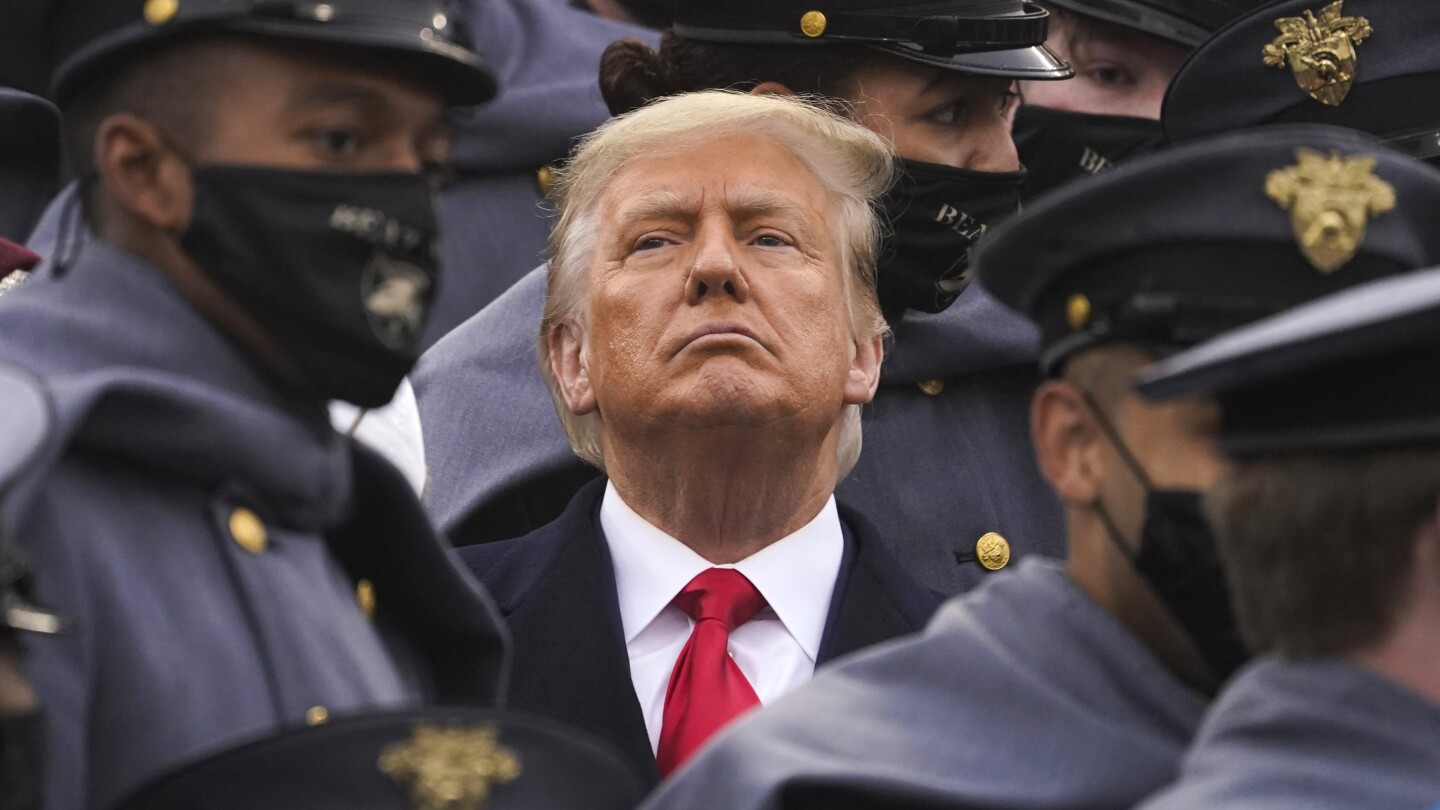- cross-posted to:
- news@lemmy.world
- cross-posted to:
- news@lemmy.world
Campaigning in Iowa this year, Donald Trump said he was prevented during his presidency from using the military to quell violence in primarily Democratic cities and states.
Calling New York City and Chicago “crime dens,” the front-runner for the 2024 Republican presidential nomination told his audience, “The next time, I’m not waiting. One of the things I did was let them run it and we’re going to show how bad a job they do,” he said. “Well, we did that. We don’t have to wait any longer.”
Trump has not spelled out precisely how he might use the military during a second term, although he and his advisers have suggested they would have wide latitude to call up units. While deploying the military regularly within the country’s borders would be a departure from tradition, the former president already has signaled an aggressive agenda if he wins, from mass deportations to travel bans imposed on certain Muslim-majority countries.
A law first crafted in the nation’s infancy would give Trump as commander in chief almost unfettered power to do so, military and legal experts said in a series of interviews.



This is the single most important and relevant line in the article, and the only frightening one.
Once again, the problem is not Trump, but escalating, dangerous rhetoric employed in the short-term to try to garner votes.
We’ve been on a course for authoritarianism since the rise of conservative talk radio enclaves, and will continue moving down that path so long as fear and “culture war” is the primary driver of our politics.